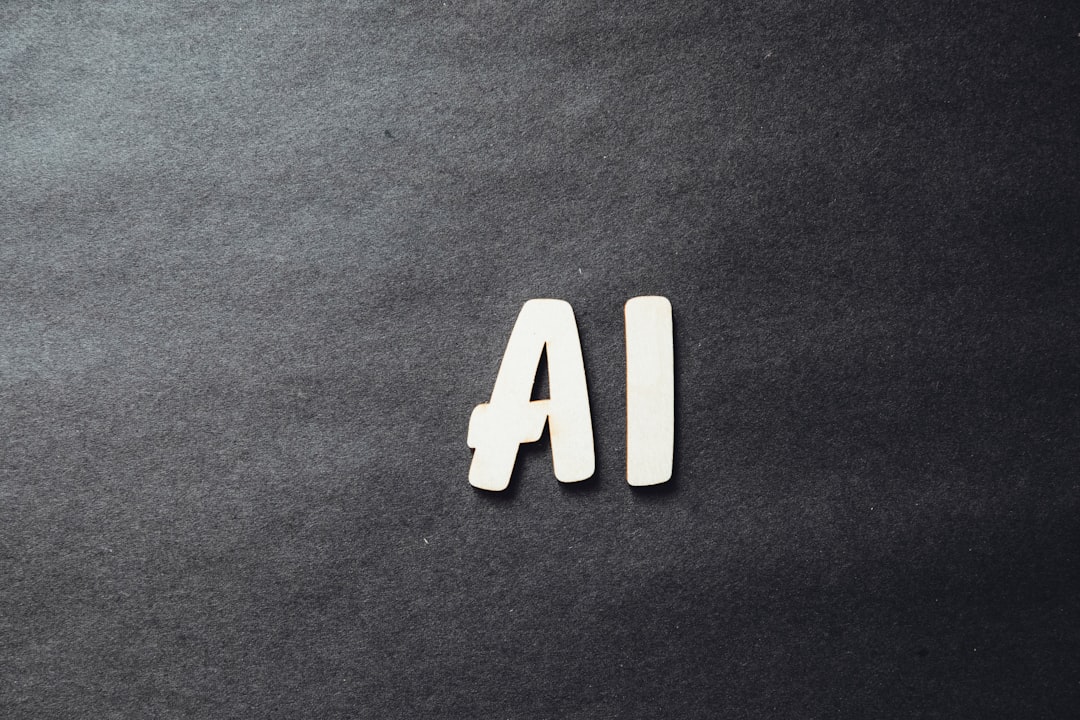AI That Detects Postpartum Depression in Real Time? The Future Is Here
Imagine speaking to your smartphone for just a few minutes and receiving immediate feedback about your postpartum mental health. This isn’t science fiction—it’s rapidly becoming reality thanks to groundbreaking research combining artificial intelligence with maternal health care.
The AI Revolution in Maternal Mental Health
Recent academic breakthroughs have transformed how we might detect postpartum depression (PPD) in the near future. A 2025 systematic review identified 19 studies across 8 countries using AI tools for perinatal depression prediction and treatment. These innovations are creating a potential paradigm shift in maternal care.
The most exciting development? New interpretable machine learning models that can detect postpartum depression with remarkable accuracy—approaching 90% in controlled settings. One study using an extreme gradient boosting model achieved an area under the receiver operating curve of 0.849 for predicting PPD in over 2,000 participants.
How Does AI Postpartum Depression Screening Work?
These systems utilize multiple data inputs to create a comprehensive mental health assessment. Speech pattern analysis examines subtle changes in tone, pace, and word choice that may indicate depression. Meanwhile, AI tools can integrate with electronic health record data to identify risk factors before symptoms become severe.
Advanced models like Bi-LSTM combined with attention methods can capture intricate relationships between time and sequential trends in textual data for postpartum depression risk assessment. Similarly, CNN modules using transfer learning extract features from facial expressions and non-verbal signals relevant to postpartum depression risk, as highlighted in recent research.
The technology doesn’t just detect—it explains. Using technologies like Shapley Additive Explanation (SHAP), these systems make AI decisions transparent to healthcare providers. Key predictors identified by these models include antepartum depression, thyroid hormone changes, and other physiological markers that might otherwise go unnoticed in routine care.
Real-Time Detection: A Game-Changer for Early Intervention
Early postpartum mental health detection offers life-changing potential for new mothers. When PPD is identified in its earliest stages, treatment can begin before symptoms severely impact daily functioning. Mother-infant bonding can be preserved through timely support, and partners and family members can be educated about providing appropriate assistance.
Traditional screening methods like questionnaires are valuable but limited by appointment scheduling and a mother’s ability to self-report accurately. AI-powered early PPD detection provides continuous monitoring when it matters most—during those critical first weeks and months after childbirth when symptoms often emerge.
The implications for healthcare delivery are significant as well. With supervised machine learning emerging as the most commonly used AI approach for early detection of depression and anxiety among perinatal women, healthcare resources can be allocated more efficiently to those who need them most.
Bridging High-Tech and Self-Care Approaches
While these AI advances represent incredible progress in postpartum mental health technology, women need solutions today—not just when these tools become widely available in clinical settings.
This is where Beginning.com’s approach becomes particularly valuable. Our platform offers immediate, accessible support that complements emerging medical technologies. We provide proactive well-being management through self-led restorative content that women can access anytime, anywhere. Our comprehensive support addresses the full spectrum of postpartum challenges beyond clinical depression.
Beginning.com’s research-backed techniques include 3D sound journeys specifically designed to reduce stress and improve mood during the vulnerable postpartum period. Our holistic approach features masterclasses that address mental, physical, and emotional aspects of the postpartum experience—creating a foundation for resilience while the healthcare system evolves.
The Complementary Future of Tech and Self-Care
The most promising aspect of these developments is how AI-powered screening and self-directed wellness tools can work together. As research in this field expands, we’re approaching a future where real-time AI monitoring provides early warning of potential postpartum depression, immediately connecting women with targeted resources for symptom relief.
In this integrated model, healthcare providers can use detailed AI insights to create personalized treatment plans, while self-led wellness programs reinforce clinical interventions. Rather than replacing human connection, these technologies enhance it by identifying who needs support most urgently and providing resources in the moments between clinical visits.
The breakthrough in AI postpartum depression screening represents a significant advancement in maternal care. Until these tools become universally accessible, platforms like Beginning.com provide vital support through evidence-based, self-directed resources that empower women to take control of their postpartum well-being.
Your mental health journey doesn’t need to wait for technology to catch up. Start exploring Beginning.com’s comprehensive wellness tools today and discover how our science-backed approach can support you through every stage of womanhood.



